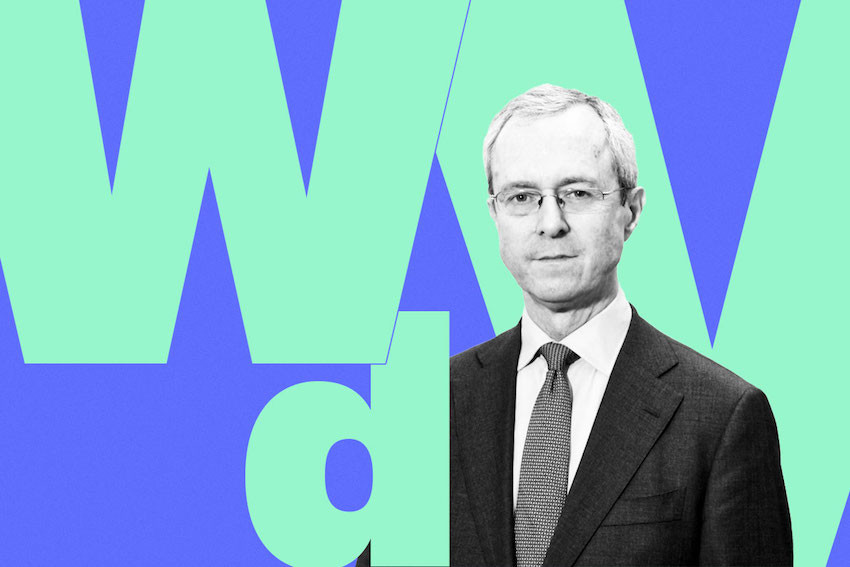The potential return of inflation will undoubtedly be the major theme in the months to come. “It is already bouncing back,” notes William de Vijlder, an economist at BNP Paribas Group. “But only temporarily,” according to de Vijlder, who puts forward as the primary cause the disruption of supply which cannot absorb the sudden recovery in demand and which has caused a rise in the prices of raw materials, as well as lengthening delivery times. “In the past, these two phenomena have always been followed by a rise in inflation. A rise in inflation which, a priori, should be temporary because when production returns to a normal level, equilibrium with demand will be achieved.”
However, he considers it unlikely that there will be “a significant increase in the consumer price index”. For him, “the more traditional drivers of inflation, such as inflation expectations and, in particular, the underutilisation of economic resources, will prevail. Given concerns about employment prospects and the absence of bottlenecks in the labour market, a sustained rise in inflation is only likely to be very gradual.”
Certainly, some sectors will take advantage of pent-up demand to be able to increase their prices. De Vijlder thinks in particular of the travel, hospitality, catering and events sectors. “And so there, in an ‘after’ world, this pent-up demand is going to manifest itself and we will have a supply-driven market with producers which have the opportunity to raise their prices. Which would be a completely understandable attitude and which would consist in making up for the extreme situation in which these professionals have been living in recent months. And he notes that in the US, “some services have an inflation rate above average inflation.”
Could the US stimulus package spur inflation on a more global level? It’s a risk. The American authorities are faced with a labour market “pulled in all directions”. The unemployment rate could reach 10%. “Approximately 10 million Americans have lost their jobs due to the pandemic and still have not found [a new position]. At the same time, in some industries, companies face increased turnover and are forced to increase their wages to keep their workforce. This confirms the enormous heterogeneity between sectors in the face of the crisis. There are always some who suffer, and others who rebound very quickly.” The priority of fiscal and monetary policies remains to create jobs, not inflation. If there is an acceleration, there will be time to react, believe Jerome Powell, chairman of the Federal Reserve, and Janet Yellen, the treasury secretary.
And the dangers are real, according to de Vijlder. More than the return of inflation, it is the “risk migration” that concerns him the most. Understanding that uncertainties related to health risk--”provided that vaccination is sufficiently effective”--will give way to uncertainties related to the evolution of central bank policies. While de Vijlder does not expect the current accommodative policies to be called into question, he thinks that we are going to enter a new era which will succeed that of low rates, injections of liquidity and future orientations to long term. An era in which communication will be crucial for central banks. For him, the whole challenge for central banks will be to communicate well in order to display a panic of the style of “taper tantrum” of 2013 when the Federal Reserve had triggered panic on the markets by evoking the beginning of normalisation of monetary policy.
